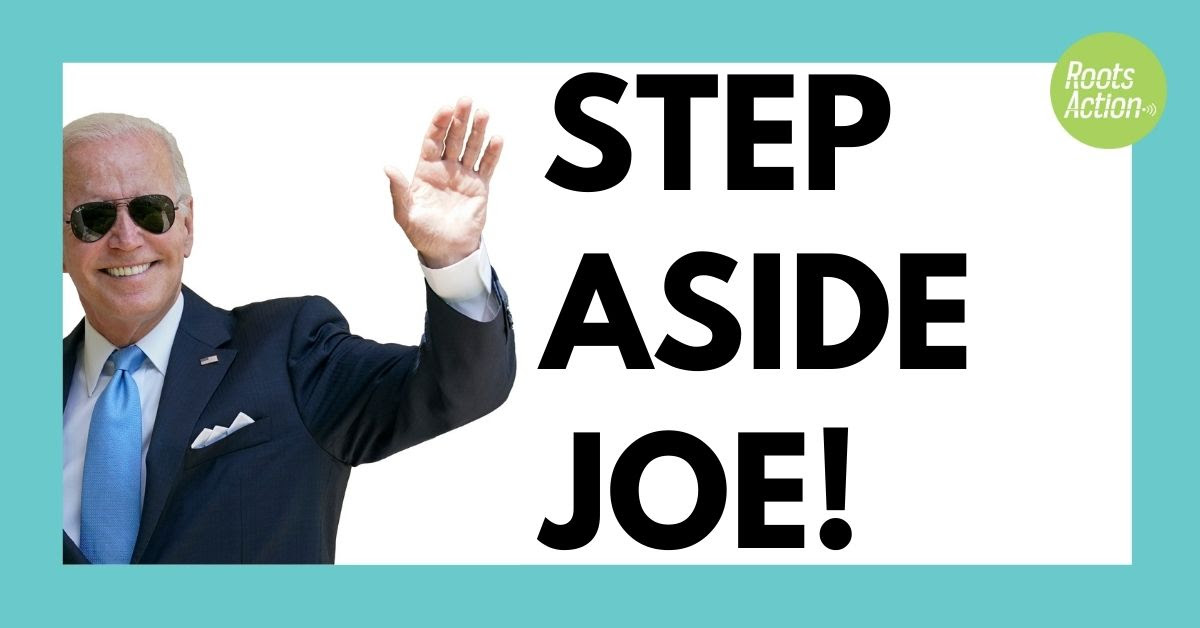Homelessness charities say wave of new bills unfairly targets people without housing as social-services funding is cut
Numerous anti-homeless laws are being passed across the US as funding for social services is widely reduced, raising welfare concerns among advocates for the unhoused.
In Missouri, a new state law that took effect on 1 January makes it a crime for any person to sleep on state property. For unhoused people, sleeping in public parks or under city highways could mean up to $750 in fines or 15 days in prison for multiple offenses.
Homelessness advocates have decried the law, claiming that it unfairly targets Missouri’s homeless populations. The law was signed by Missouri’s governor, Mike Parson, last June
“We are absolutely hearing that law enforcement is using this new law that’s coming as reason to displace people already,” said Sarah Owsley, advocacy director for the non-profit Empower Missouri, to St Louis Public Radio, days before the law went into effect.
A swath of people opposed the Republican-backed measure, including Parson’s appointed department of mental health director, Valerie Huhn, reported the St. Louis Post-Dispatch.
“When people experiencing homelessness have criminal justice histories, it is difficult to find housing,” wrote Huhn in a May 2022 letter to the governor’s budget office, citing the law’s criminal consequences.
As the law goes into effect, state funding for homeless services in Missouri have decreased, as well as changes to other possible funding streams.
“We’re going to see less money into the homeless services community over this length of time. And so that’s very concerning, we’re already an extremely underfunded resource,” said Owsley.
Other cities and local municipalities in America have also passed measures targeting homeless individuals, through criminal consequences or forced hospitalization.
Cities across the country have seen a backlash to attempts by officials to remove homeless encampments or limit where unhoused people can camp.
In August, the Los Angeles city council voted to ban homeless encampments within 500ft of schools and daycares, an extension of the city’s anti-camping law that has enabled police to sweep encampments, reported Spectrum News 1.
The ordinance passed as a federal program that moved homeless people into hotels during the Covid-19 pandemic ended.
“Enforcement of anti-camping ordinances ... only displaces people and makes it harder for trained outreach staff to establish trust again,” said Tyler Renner, a spokesperson for People Assisting the Homeless, in a statement on the vote.
Protesters marched through the downtown Chicago area in November to protest against the city’s announcement that donated winterized tents for homeless people had to be removed for street cleaning, reported the Chicago Tribune. The city later confirmed that the tents did not have to be taken down, but could be moved.
Andy Robelo, founder of the non-profit Feeding People Through Plants, provided the tents and criticized the city’s treatment of homeless people.
“We’ve won this battle, but I want to win the war,” said Robledo to the Tribune. “The policy needs to change because we’re going to keep fighting these battles all over the city. It’s happening constantly. The way to fight is to get people housing.”
Under the New York mayor, Eric Adams, who is entering the second year of his four-year tenure, city officials outlawed houseless people from sleeping on the city’s subway system or riding the trains all night.
New York City police also increased arrests within the transit system, with over 400 people arrested for “being outstretched” last year, according to New York police department statistics, reported Gothamist.
But the city’s budget passed in June cuts spending on homelessness services from $2.8bn to $2.4bn, with the drop in funding coming from a decrease in federal Covid-19 aid, reported City Limits.
Adams has also ordered police and first responders to hospitalize more unhoused people that appear to be in a “psychiatric crisis”, even if the hospitalization is involuntary and a person does not pose a danger to themselves.
Other politicians have followed suit. Last September, California’s Governor Gavin Newson signed a law that would force people with certain mental health conditions to comply with treatment if first responders, family members, or others ask a judge, reported the Associated Press.
Portland’s mayor, Ted Wheeler, announced during a business forum last December that he supports lowering the threshold to involuntarily hospitalize unhoused people, reported Oregon Public Broadcasting.
Advocates have widely criticized New York’s involuntary hospitalization policy as ineffective and a civil rights violation.
“The mayor is playing fast and loose with the legal rights of New Yorkers and is not dedicating the resources necessary to address the mental health crises that affect our communities,” said
Published by The Guardian










